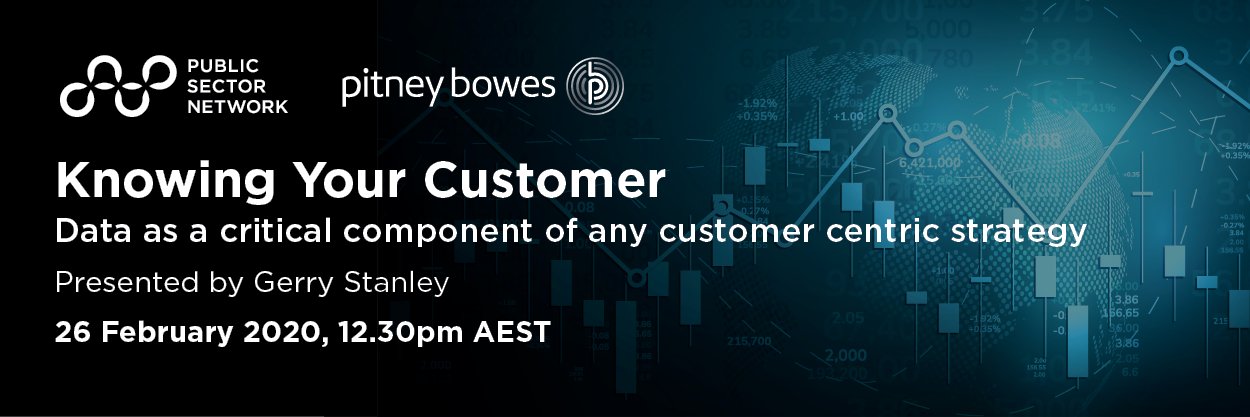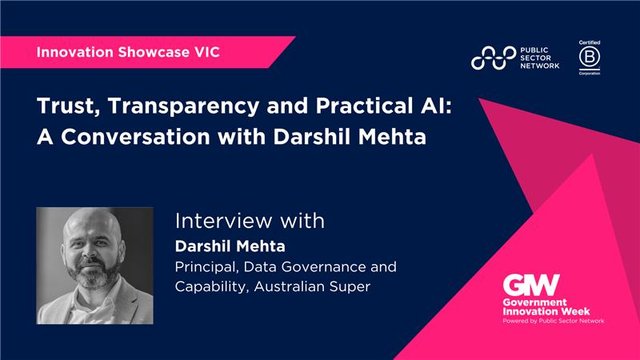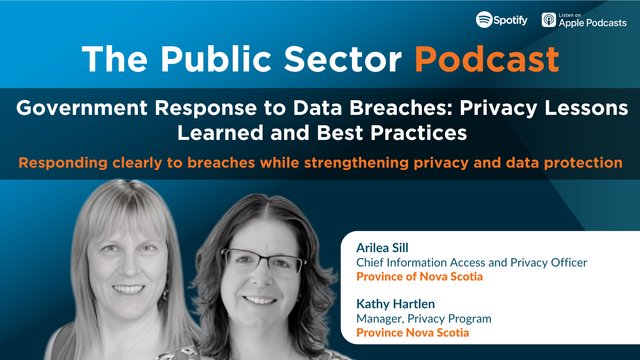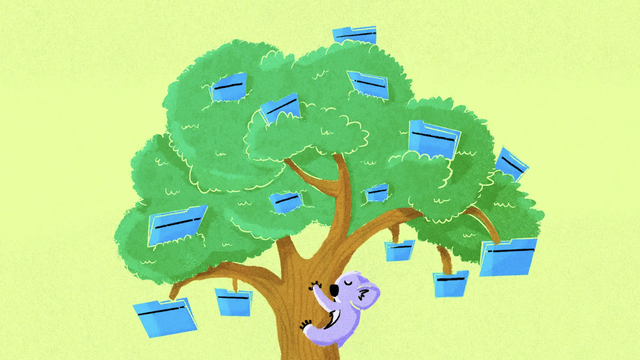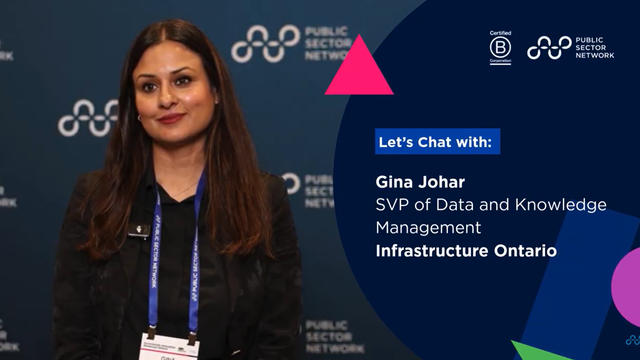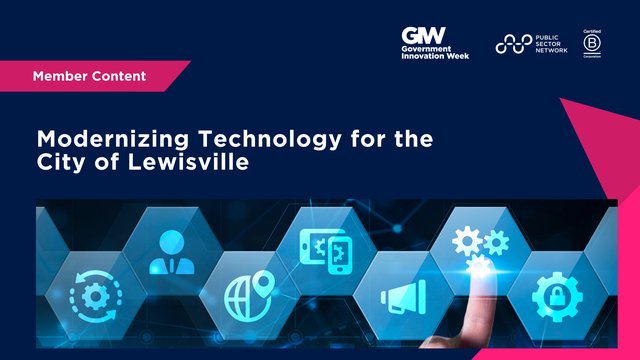Tell us about the journey to your current role and what it this role entails?
Back in 2013, I was part of a startup and entrepreneurship program where I met our now co-founder and Board member Dan Groch. Dan and I were building our own separate companies and while we were doing that, Dan had been following and gotten inspired by the work that Code for America and the initial Code for All partners had done. The idea that brought Dan, Jacob (our third co-founder) and I together was this: That the principles and values of the web — not as it had been but as it was becoming, reemerging as a fundamentally participatory medium — could be applied to the impossible job of governing Australia. Five years on — a little older and wiser, but no less optimistic — Code for Australia continues its journey towards the future we first envisioned. Everyday, I find opportunities for governments and communities to come together and find new answers to old problems. To date, we’ve run 25 iterations of our flagship program, the Fellowship, and piloted half a dozen other programs across Australia.Can you describe a project you are working on/recently completed, and any key challenges you have faced along the way and how they were overcome?
Code for Australia is a project in itself. We have taken a model that was somehow pioneered in the United States and contextualised it to Australia. This has involved killing programs, designing new ones and testing and iterating as we find the best way we can support government agencies in doing things differently. One program that I’m particularly interested is the Digital Maturity Indicator we’re rolling out with Harvard’s Kennedy School of Government. It’s research the school has done with national digital agencies on what has worked and hasn’t in their journey. They’ve taken these lessons and created a model that measures organisations’ digital maturity. Our role is to facilitate it in Australia.What did you learn from this project? What did it achieve?
Reflecting on Code for Australia as a project, there have been three main lessons:- People in government want to do things differently. The notion that public servants have a comfy role and they don’t want to change the status quo is not true. We’ve met some of the most remarkable and ambitious people inside government. To recognise their efforts, we even created our own annual government awards ; because working in government is hard and we need to recognise and celebrate these efforts.
- Second on my list is that the real change in government doesn’t happen at the political level. The real work of government happens within the machinery; the public servants and the systems we’ve put in power to service citizens. And this is what politicians should focus on when they create their campaigns. No one is going to disagree that we need a more just, sustainable society. Or even jobs and growth. The problem is that politicians focus on the what without working on the how. Chances are there are people and organisations working on every political agenda ever created, but there’s something stopping them from achieving their goals. Those barriers are the things we need to focus on.
- Last on my list is naiveness, something I discovered a while ago and a key ingredient to make things happen. Here is something I wrote a while ago.
What excites you most about the future?
I am inspired by anthropologist Margaret Mead’s statement: “never doubt that a small group of thoughtful, committed citizens can change the world; indeed, it's the only thing that ever has”. It explains a lot about how I see the world and the choices I've made. I strive to create opportunities for everyday citizens to do remarkable things. At Code for Australia I create opportunities for technologists to work alongside government to build new ways of working, show what is possible and most importantly, better meet citizens’ needs. In four years we have created tools and processes that address social problems; these include reducing recidivism and the number of people attending court, and increasing the number of people accessing support services like housing. Our team has also shown that technology companies can be as diverse as the communities they serve. We are proud of, and benefit from, the gender, age and cultural diversity all across our Board, Management and Fellowship teams. This was something that was achieved by someone who didn’t have a background in government, was not born in Australia and doesn’t know how to code. Surely we - society - have everything we need to create the world we want to live in.If you could give one piece of advice to someone looking to further their career in government, what would it be?
need to put them together.Where do you look to for further education? E.g. articles, podcasts, news sources, courses – e.g. University, online, internal etc?
Mentors, colleagues and hobbies. Most of my colleagues also know about my obsession with the Economist and not reading popular media. Avoid noise and read thoughtful summaries of what has happened and the implications.
